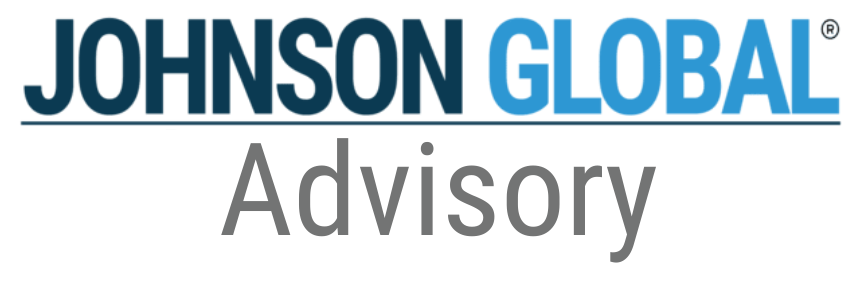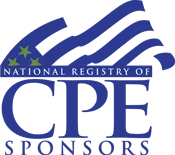Facing Today's Accounting Challenges An Interview with Jackson Johnson, JGA President
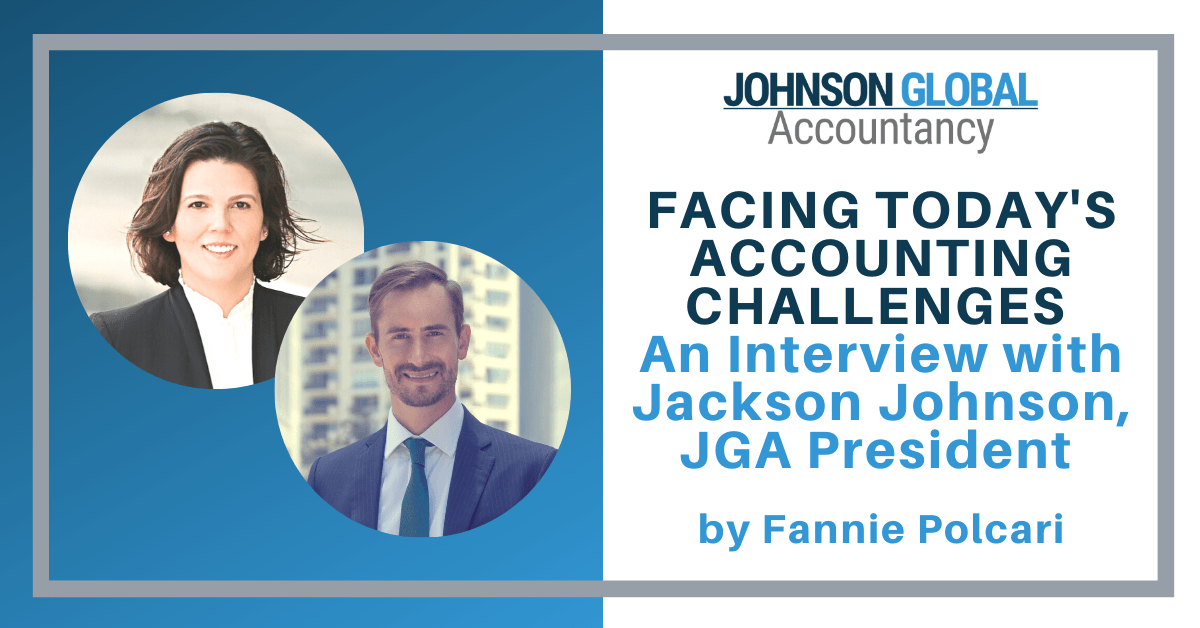
Johnson Global Accountancy is pleased to announce Fannie Polcari has joined the Firm as a Senior Associate. With over 10 years of business and operations experience, as well as a diverse background in accounting and auditing roles, Fannie will assist with client management and their engagement teams to identify, develop, and implement opportunities for improvement over financial reporting and audit quality.
In an effort to learn more JGA’s perspective and what our clients are facing, Fannie interviewed Jackson Johnson, JGA President.
Fannie: Jackson, what are the biggest challenges you see in the accounting world today?
Jackson: I think the biggest challenge is maintaining a level of transparency and audit quality that keeps up with the pace of the companies we audit. What we are seeing is an increase in globalization – accelerated by the pandemic – coupled with the acceleration of a company’s reliance on technology. As advisors to auditors, and as thought leaders on audit quality, it has become increasingly clear to me that we need to push the audit industry to catch up with how companies process transactions and compile their financial reports, while meeting the increasing demands of the PCAOB.
Fannie: What are some of the trends in PCAOB inspections and audit quality at large?
Jackson: Specifically, the trends we see in PCAOB inspections continue to be firms’ difficulty with being best prepared for an inspection under all their competing priorities and time constraints. Inspectors have not let up on the high expectations they have over the quality of the work. Increasing demands by the regulator also means new rules and new expectations are coming up the pike; which translates to stress and added pressure at firms. For example, the international shift to enhance the system of quality management at firms, initiated by ISQM 1, requires firms to go through every aspect of their system of quality control to ensure that it addresses all the risks over audits that comply with the standards. A complementary standard issued by the PCAOB will follow.
Fannie: What advice would you give someone who is newer in the accounting industry and wants to remain relevant and at the cutting edge of the industry?
Jackson: New auditors are at an advantage because the younger generations are already tech savvy in their personal lives, embrace remote work and video conferences, and future leaders will quickly adapt to managing work and teams virtually. Because of those factors, auditors entering this industry now are going to be expected to have a solid information technology (IT) background. Dane Dowell, JGA Director, recently published an article titled “The Inevitability of Integrated Audits” where he highlights how audits are becoming increasingly focused on IT and that the only way we are going to be able to stay relevant as companies continue evolving and on their internal controls we must focus on IT. Therefore, auditors need to have a well-rounded balance of financial accounting and IT to connect the two elements as they are becoming one and the same.
Fannie: During my classroom study and in the real-world I have heard a lot of talk about external auditors implementing fraud analysis as part of their audit work. From your experience do you think this should be considered as part of a larger scope of an external audit? And how do you think this would impact the PCAOB inspection process?
Jackson: Currently, auditors are required to understand management’s process over financial reporting to address risk of management override of controls due to fraud. That includes understanding where the risks in the process could be circumvented, as well as identifying the areas of the financial statements and classes of transactions where fraud could occur (such as fraudulent journal entries or where management bias could be applied).
As auditors we are trained to take a careful look at the nature of company’s business and the types of accounts and transactions where we need to focus. Often, we look at estimates. Estimates are a good example because anywhere where there’s significant judgment involved - such as valuing a company or an intangible asset, or an inventory reserve - there is a number of assumptions and inputs where bias could be applied to achieve a desired number or outcome. Fraud is becoming more of a focus at the regulator and at the SEC, and as auditors it is important for us to always have that high level of professional skepticism when planning and performing these procedures. In fact, we recently conducted an internal fraud investigation for a company, and it touched on many of these points.
Fannie: Lastly, what is your favorite part of the accounting profession?
Jackson: I love to help people fix problems! First, as an auditor at Grant Thornton, I was able to help mid-market companies during a time when Sarbanes-Oxley Act was rolling out. This was a very difficult transition for organizations to make, but helping them taught me about systems, project management and most importantly, how to help teams move through difficult situations.
Then, as an audit regulator at the PCAOB, I helped firms identify where they could do better. Although we could not help them directly, we were able to pinpoint where they fell short and where they may face deficiencies in the system of quality control. This gave me a unique perspective on the extensive problems affecting firms of all sizes.
Now, at JGA we work as a team, pulling from our vast experiences helping companies, firms, and engagement teams improve quality throughout the entire process. It is a joy to work side by side with clients all over the world to enhance quality throughout every level of the organization and improve inspections, client retention and strengthen firms at their core.
Fannie: Thank you Jackson for carving out time to speak with me and providing me with further insight as I continue growing in this profession. As someone who has embraced technology early on and understands its wide application, I have already seen its day-to-day impact on how we conduct business. In my last role we utilized several key technological tools that allowed us to synthesize large amounts of data and present that data into an interpretable and digestible way. The goal was always to identify the big picture and draw conclusions from collective understandings. Much in the same way, JGA takes the same approach and welcomes the use of technology and innovation to augment our findings. I am excited and looking forward to the opportunity of working with a team of professionals to tackle some of the industries toughest challenges.
Fannie Polcari, JGA Senior Associate, works closely with client management and their teams on financial reporting, audit and accounting matters to identify, develop, and implement opportunities to amplify quality improvement and compliance. Fannie brings broad experience working in different industries ranging from biotechnology, healthcare, information technology and entertainment and applies a tech-savvy approach to all her project work with clients.
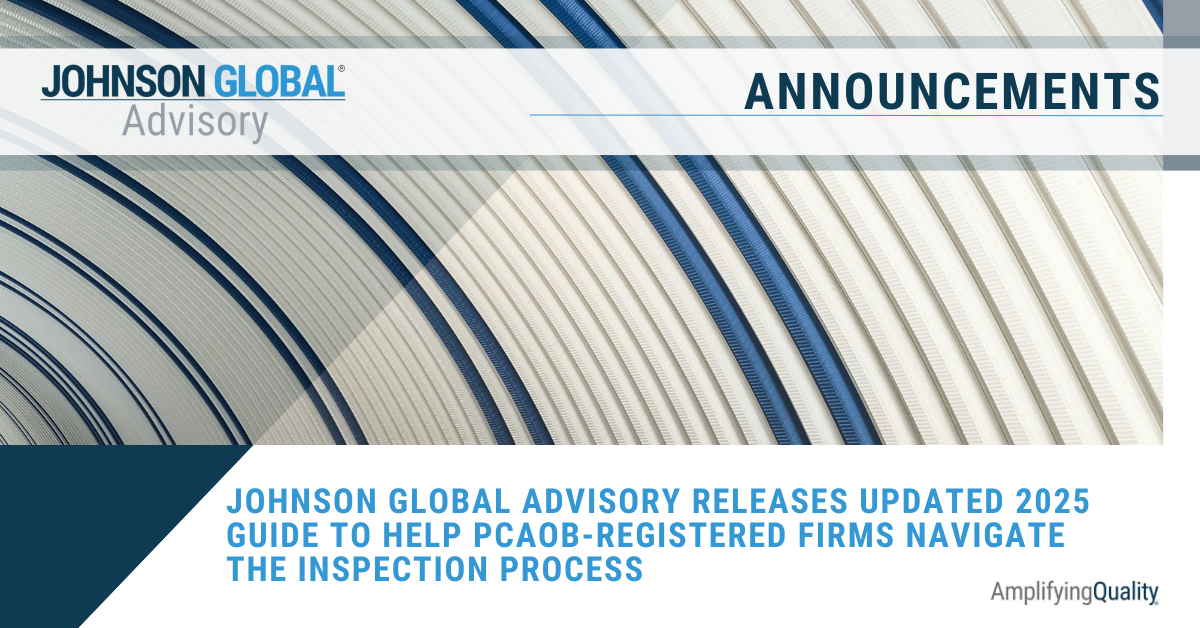

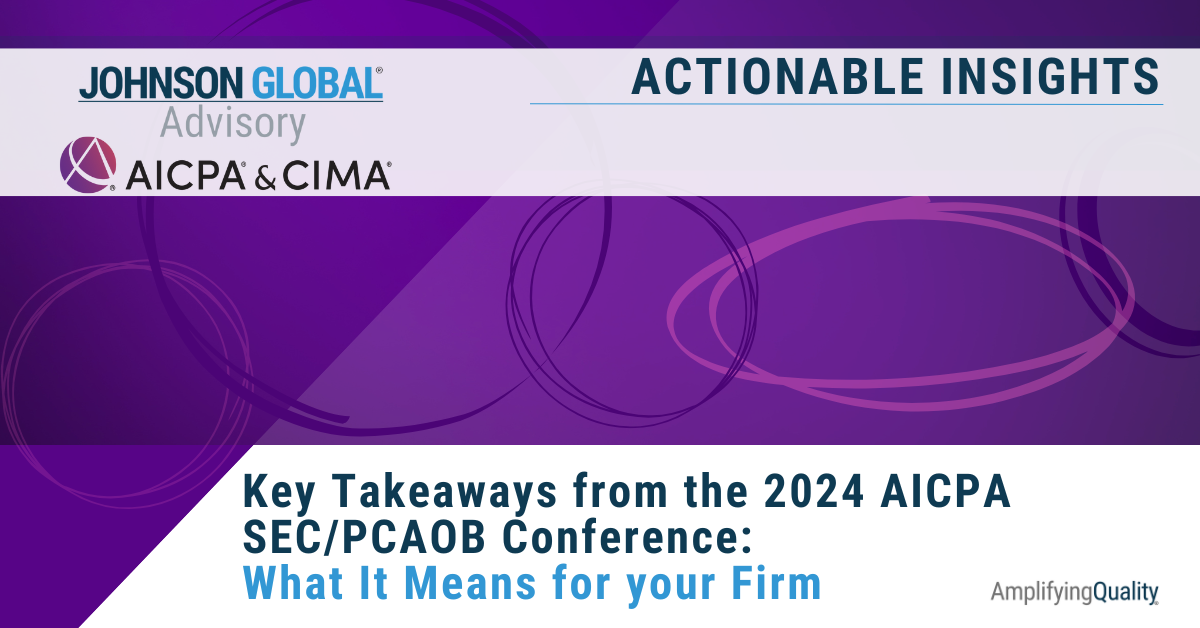
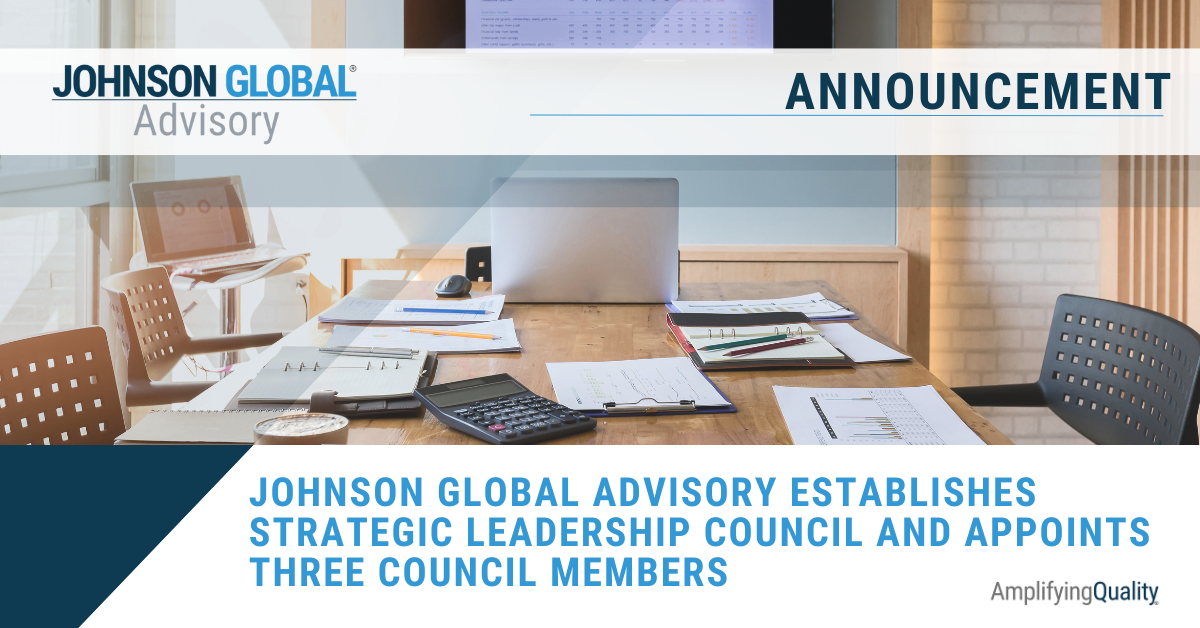

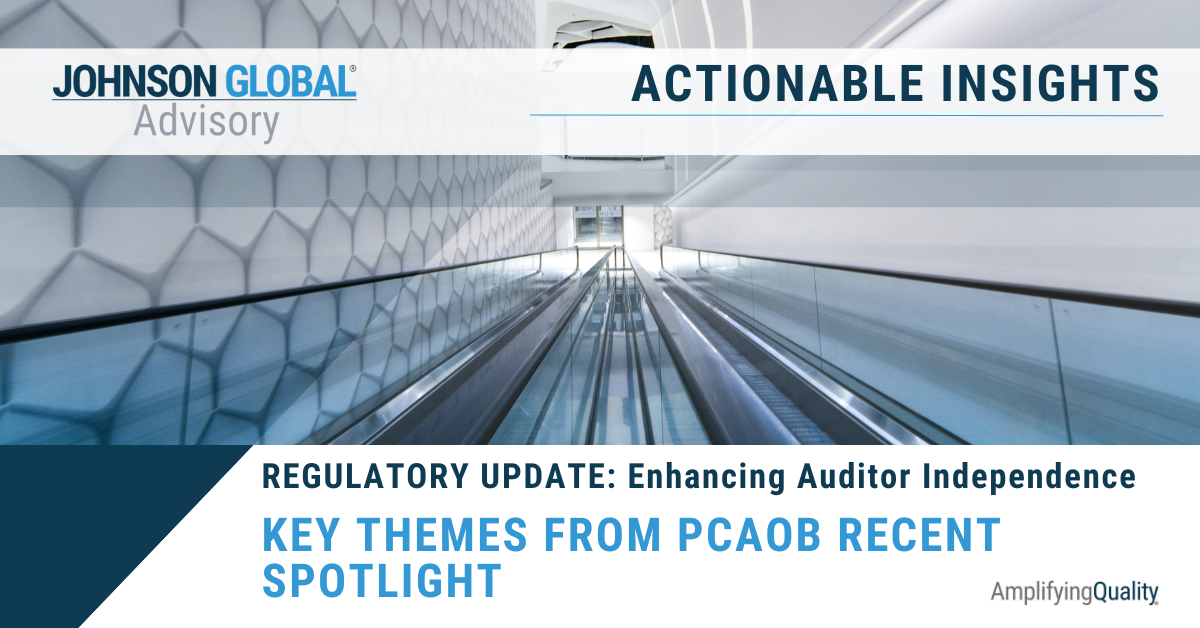
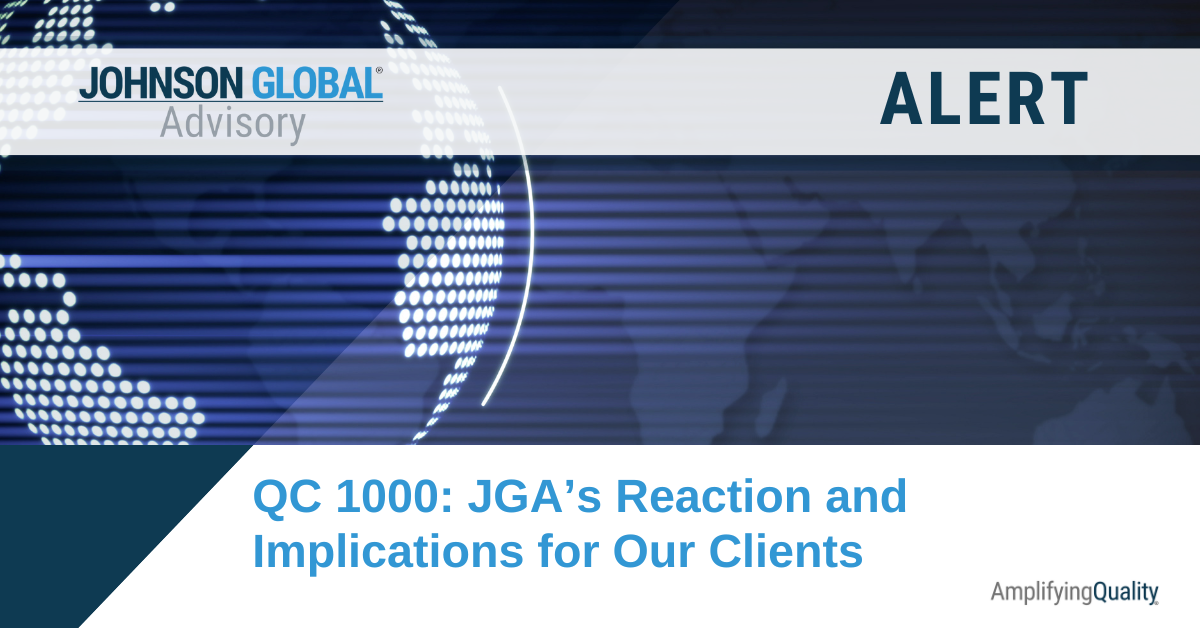
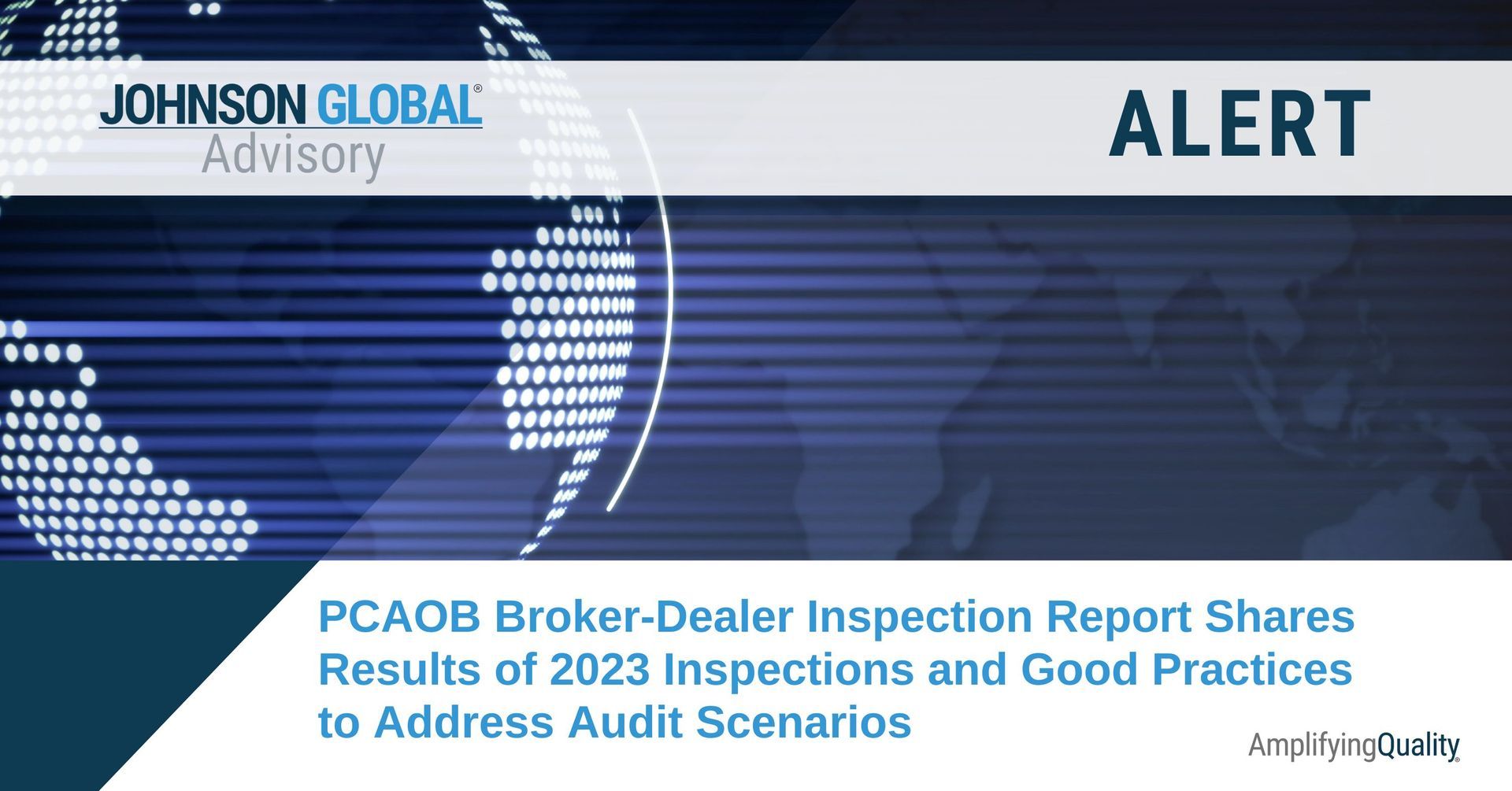
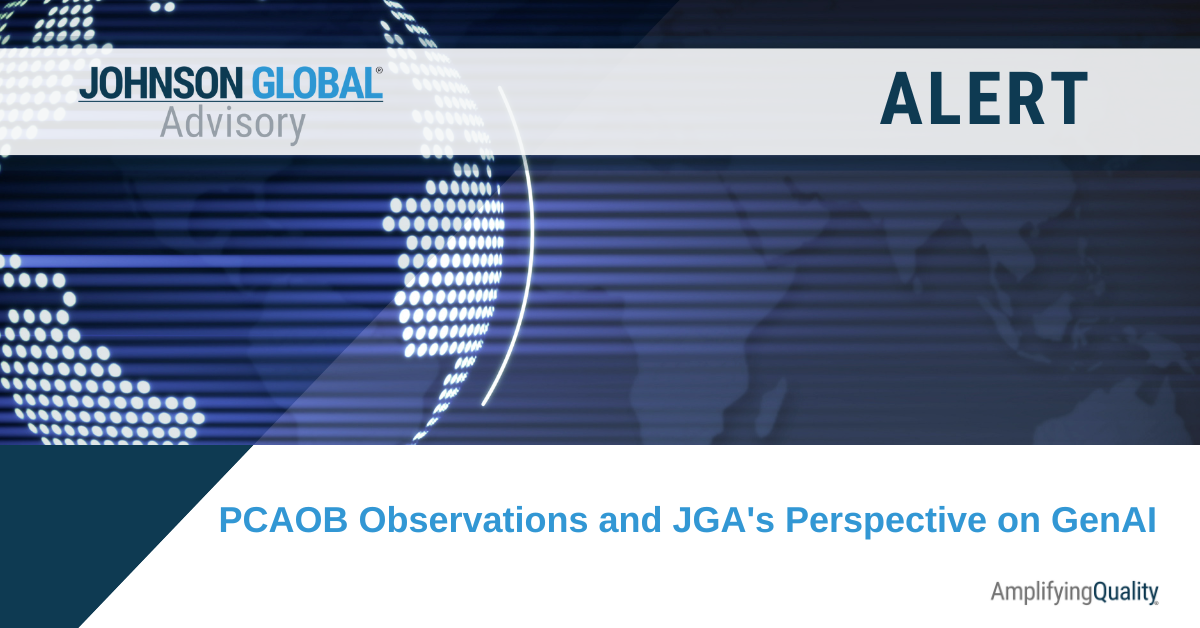

Johnson Global Advisory
1717 K Street NW, Suite 902
Washington, D.C. 20006
USA
+1 (702) 848-7084
